Switzerland’s hands-off approach to espionage
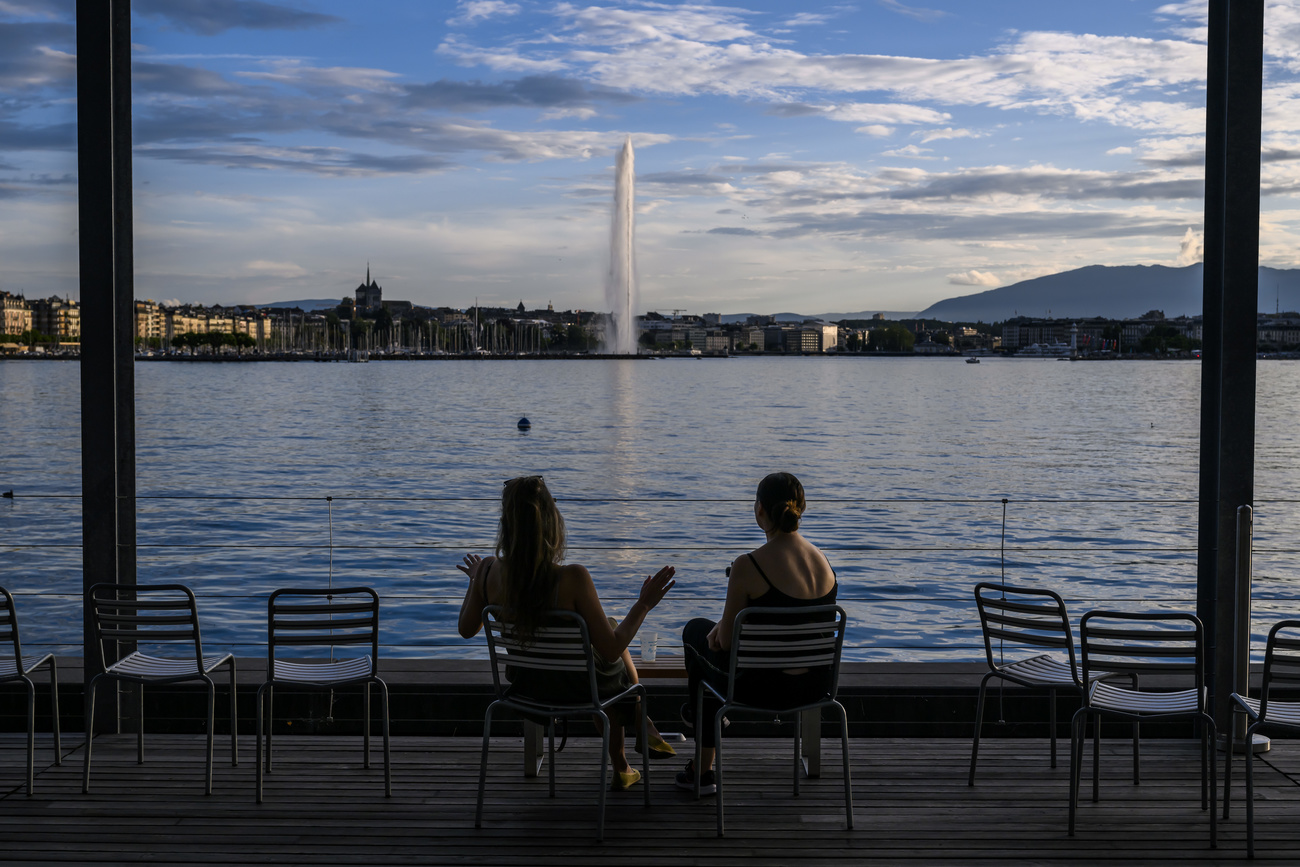
Geneva is one of the world’s espionage hotspots, and the Swiss authorities have long come to terms with it.
Shortly after Russia’s invasion of Ukraine, around 500 Russian diplomats were expelled from European countries in the spring of 2022 – all suspected of espionage. Switzerland was about the only country that did not follow suit.
According to the 2023 situation reportExternal link of the Swiss Federal Intelligence Service (FIS), around 220 people work in Russia’s diplomatic and consular representations in Bern and Geneva. “At least a third of them are likely to still be active for Russian intelligence agencies,” states the FIS.
In most other European countries, the latest East-West confrontation has made the work of Russian espionage networks increasingly difficult. “It’s very likely that the Russian intelligence services have more leeway in Switzerland due to their large presence,” reads the statement of the FIS.
Risk of diplomatic tensions
The honesty of the report reflects how Switzerland deals with espionage networks at home. Intelligence services are prohibited if they gather political, economic and military information and use it to the disadvantage of Switzerland, its institutions, companies and residents and passes it on to foreign actors.
However, it is rather difficult to crack down on such networks in reality: diplomatically accredited personnel who are often deployed for such operations enjoy immunity and can hardly be prosecuted. The only option is to expel them, but Switzerland hardly ever does.
“It is in Switzerland’s diplomatic DNA to expel diplomats in exceptional cases only,” says historian Adrian HänniExternal link who specialises in the intelligence services. Switzerland does not want to provoke any diplomatic tensions, and Hänni does not believe that expulsions would solve the problem. “Once one spy is expelled, the next one is already in line.”
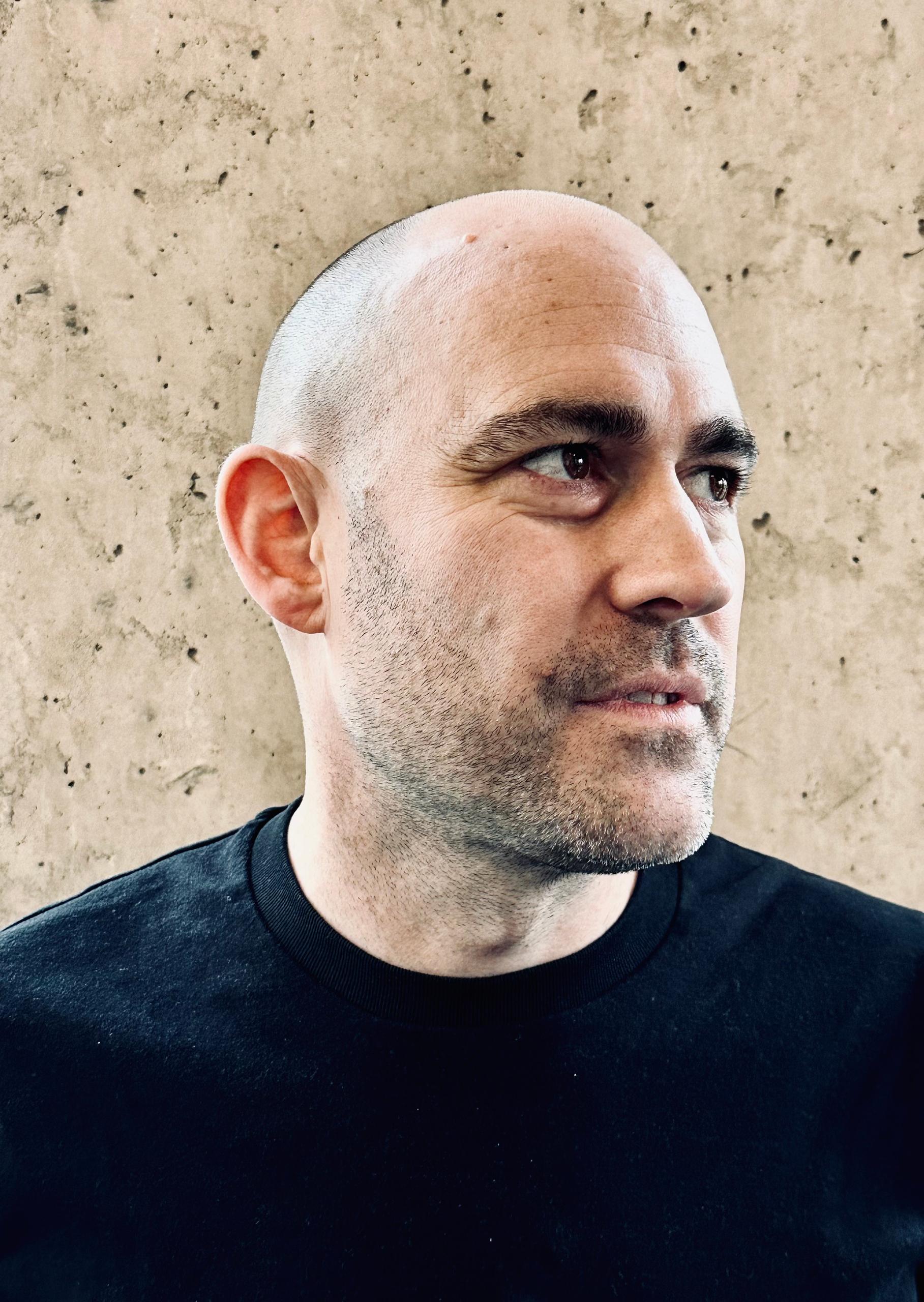
It is probably more efficient for counterintelligence to put one specific intelligence agent under surveillance than to launch a rigorous large-scale crackdown. This is common knowledge in all countries that have expelled Russian diplomats. “Expulsions can also be regarded as a political sign,” says Hänni. “However, since February 2022, some European countries have specifically expelled intelligence officers who were essential for the espionage activities in the embassies. In some cases, the positions in question were eliminated altogether to make sure Moscow could not replace them with a new agent.”
Switzerland on the other hand sticks to its tradition of remaining passive in such cases – at least publicly. Hänni thinks that behind the scenes, the Swiss authorities would probably file a complaint to the governments of the respective countries if the activities of their personnel got out of hand.
The Swiss authorities certainly have experience with espionage as it has been rife in Geneva since the First World War. Today, Geneva is home to almost 240 foreign representations, dozens of international organisations and hundreds of non-governmental organisations (NGOs).
Hence, it is not surprising that numerous intelligence agents are roaming the city. Along with Brussels and Vienna, Geneva is one of the three hotspots for espionage activities in Europe.
During the Cold War, Vienna was considered the “city of spies”. The presence of international organisations, neutrality and the city’s geographic location also played a key role. For a long time, the way diplomatic personnel working for the intelligence service in Austria were dealt with was similar to that in Switzerland – they were largely ignored.
This changed last year when Austria followed other EU countries and expelled several spies. This happened after Austria had received harsh criticism from other western countries for being too Russia-friendly, some were even accused of working directly with the Russian authorities.
Several important organisations such as the United Nations, the International Atomic Energy Agency (IAEO), the Organization of the Petroleum Exporting Countries (OPEC) and the Organisation for Security and Co-operation in Europe (OSCE) have their headquarters in the Austrian capital.
Several factors make Switzerland attractive for spies. It lies in the heart of Europe; it has very good transport connections; it offers all amenities of a western, democratic state; and, due to its broad conception of democracy, it strives to maintain the best possible relations with all countries. Another decisive factor is that Switzerland’s discreet financial centre is handy to fund intelligence services, which are pricey, all the while concealing where the money comes from.
A convenient place to roam for agents
Geneva is the perfect place to prepare and carry out complex intelligence operations. Edward Snowden’s leaked documents revealed that the US runs a Special Collection Service in Geneva, a listening station designed to intercept communications in difficult-to-reach places. It is also certain that Israel spied on the nuclear talks between Iran and several world powers in 2015. And French intelligence services have been operating in the city for a long time; they were not even fazed by the assassination attempts that happened in the 1950s.
The FIS report concentrates on Russian, Chinese and Iranian espionage which is probably due to the current world situation and the fact that Switzerland does not want to attract attention to its partner countries’ spy activities. It is interesting that the FIS differentiates between various kinds of spying: Russia’s espionage, it says, is “traditional” and directed at other countries while China and Iran primarily spy on their own diaspora.

More
When Switzerland was the location of choice for Chinese espionage
Hänni does not entirely agree with the FIS on this: “You can’t make a clear distinction. The Russians also spy on their own people, and China has extended its spy operations over the last few years.” He says that he has recently observed a rise in operations that attempt to influence public opinion in the West.
The report further states: “It is very likely that the Chinese intelligence services stations fewer intelligent officers under diplomatic cover than Russia.” This means that they place their agents in science, the media or in NGOs.
When it comes to intelligence services, these agents are referred to as “illegal” while the intelligence officers who go about their spying under diplomatic cover are considered “legal”. The terminology used in this context shows how pragmatically intelligence services are dealt with.
Hänni believes that expulsions will make it increasingly difficult for Russian intelligence services to operate in Europe and expects Russia to deploy more “illegal” intelligence officers in the future. But recently, there have been several cases in European countries where such “illegal” agents were uncovered.
When uncovering a spy, it could interfere with a government’s interests: it can disrupt bilateral relations and is often met with retaliation. For example, last year Russia expelled numerous European diplomats.
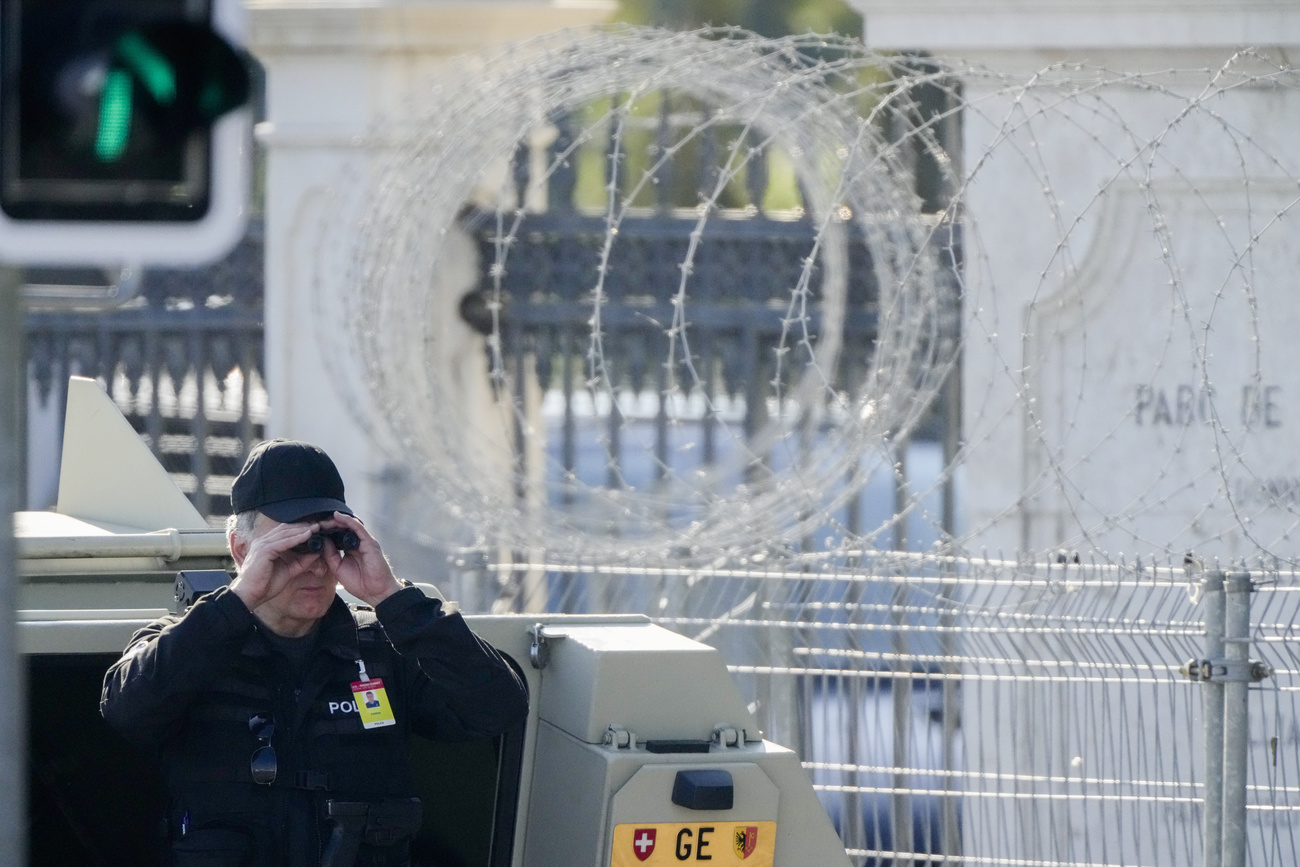
More
Russian spies pose increasing threat to international Geneva
Switzerland and sanctions
Hänni sees the biggest challenge in another area which was not prominently mentioned in the FIS situation report – namely that Switzerland could become a hub for sanction evasion. And once again, history repeats itself: “During the Cold War, Switzerland played a key role in transferring technology from West to East,” Hänni notes.
There are many ways to evade sanctions. One way is to use front companies in Switzerland which do business or accumulate knowledge under the management of an intelligence service. Or by recruiting staff from local technology firms. Sometimes this is done through regular business dealings with local companies that act in good faith, and the goods reach Russia via third countries.
The imposed sanctions have led to shortages of industrial goods in Russia which is technologically advanced but relies on imports from the West, especially for high-end products. They are often imported via other countries which partially circumvents the sanctions.
Hänni expects Russia to expand its political and economic espionage. If the FIS had its way, Switzerland would be more active and start to expel spies. However, the government continues to adhere to its traditional restraint.
Edited by Marc Leutenegger. Translated by Billi Bierling

In compliance with the JTI standards
More: SWI swissinfo.ch certified by the Journalism Trust Initiative
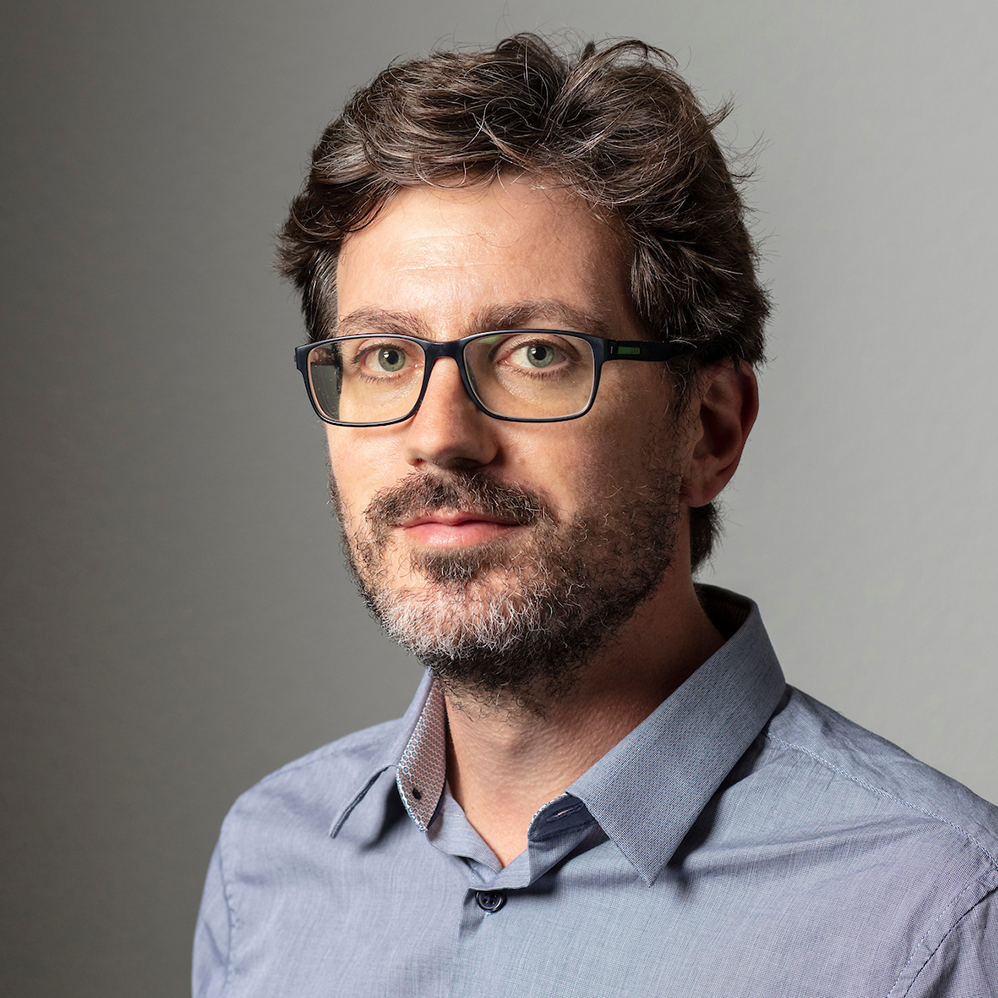
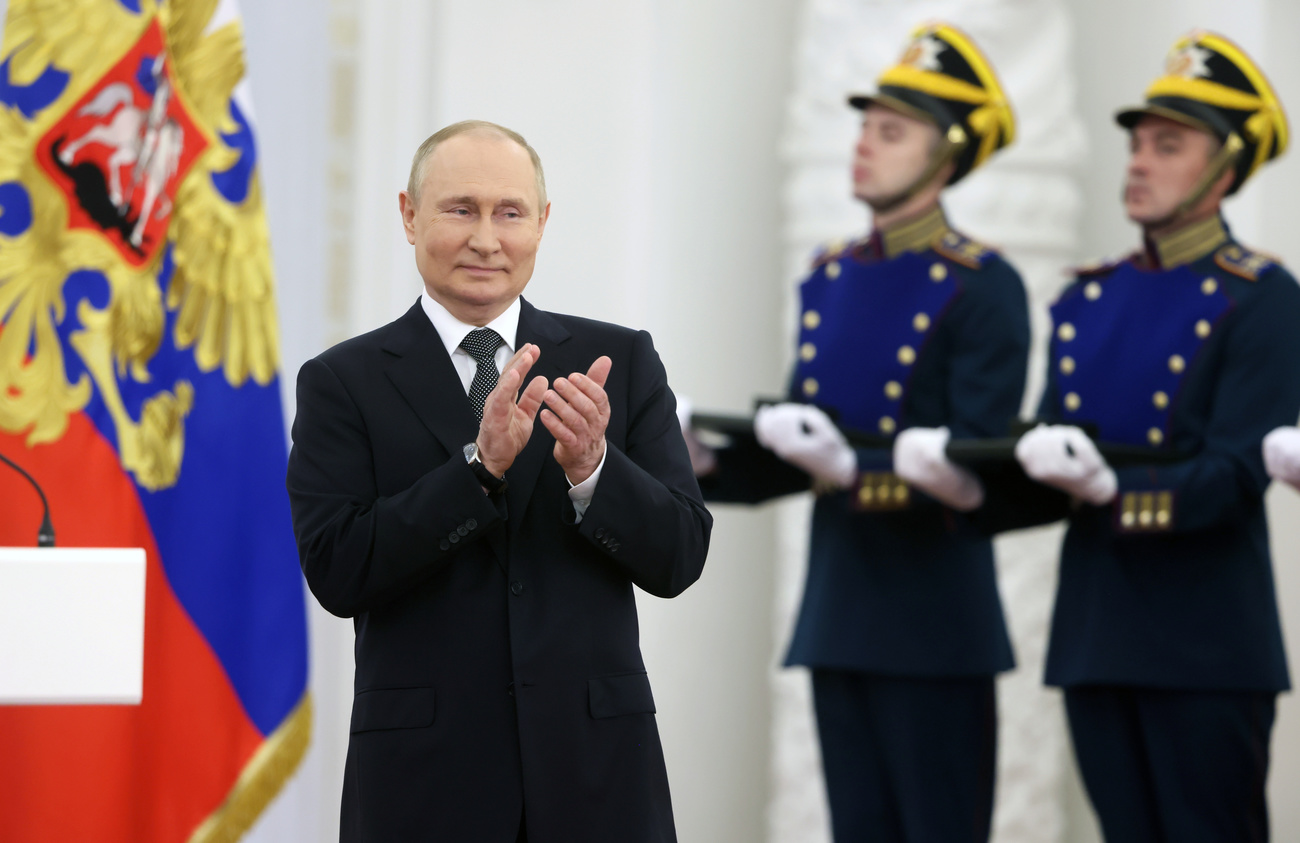
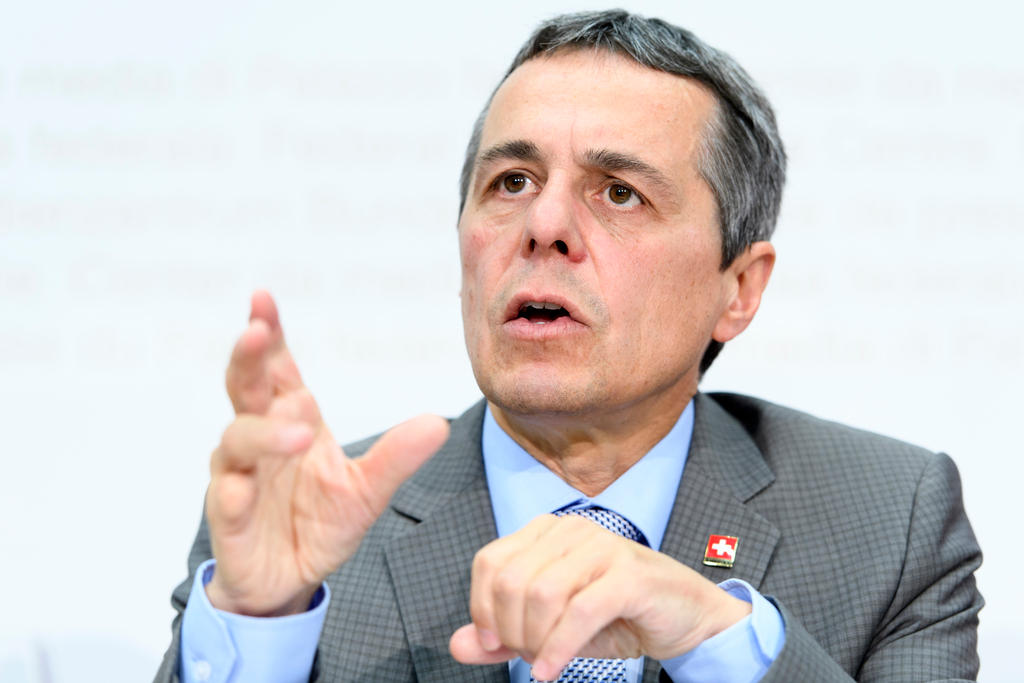

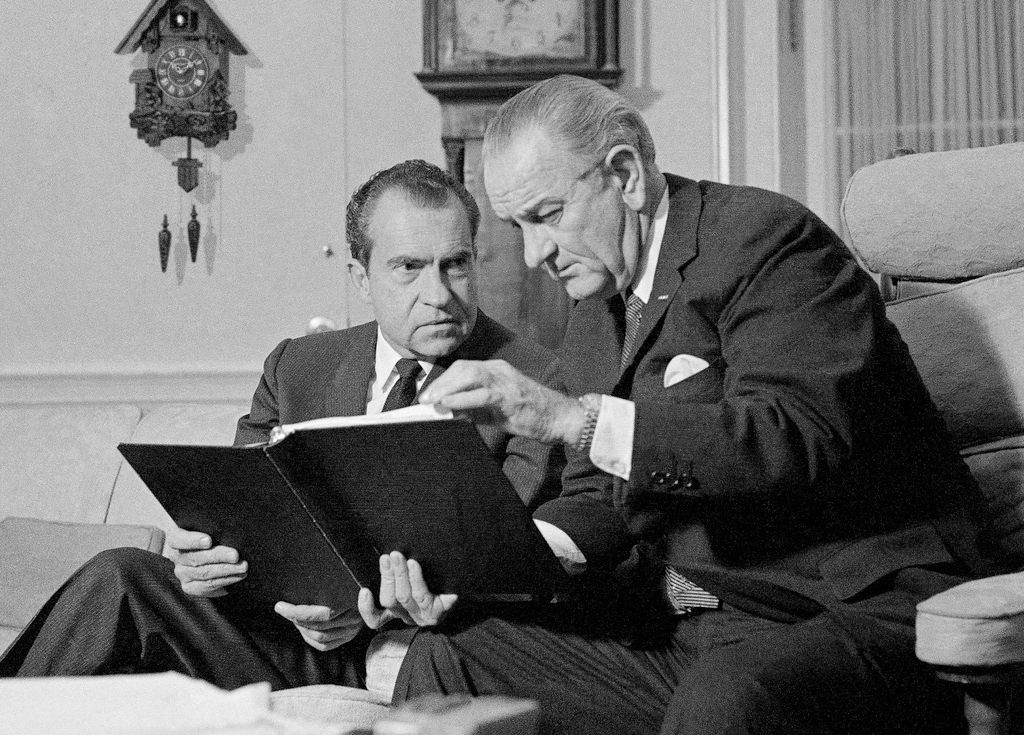
You can find an overview of ongoing debates with our journalists here . Please join us!
If you want to start a conversation about a topic raised in this article or want to report factual errors, email us at english@swissinfo.ch.